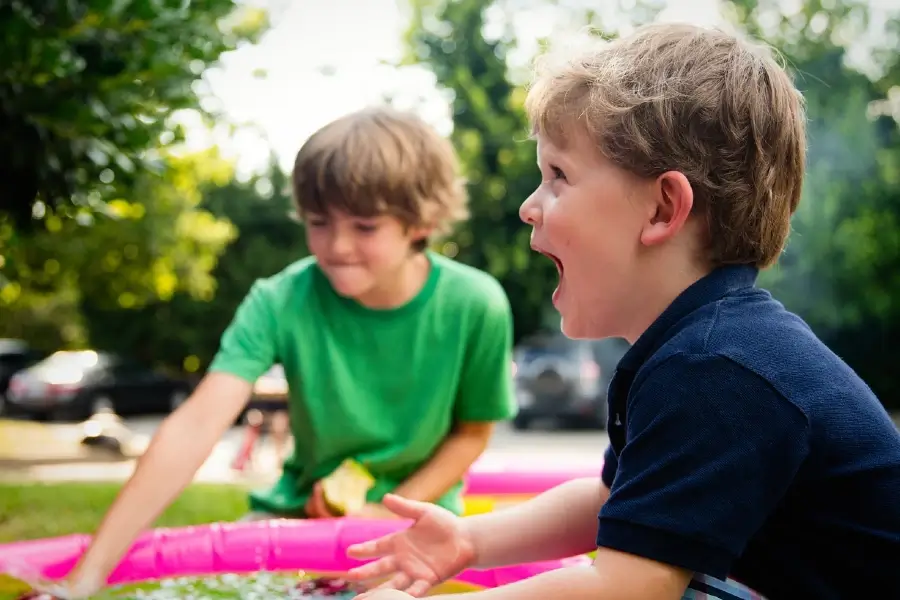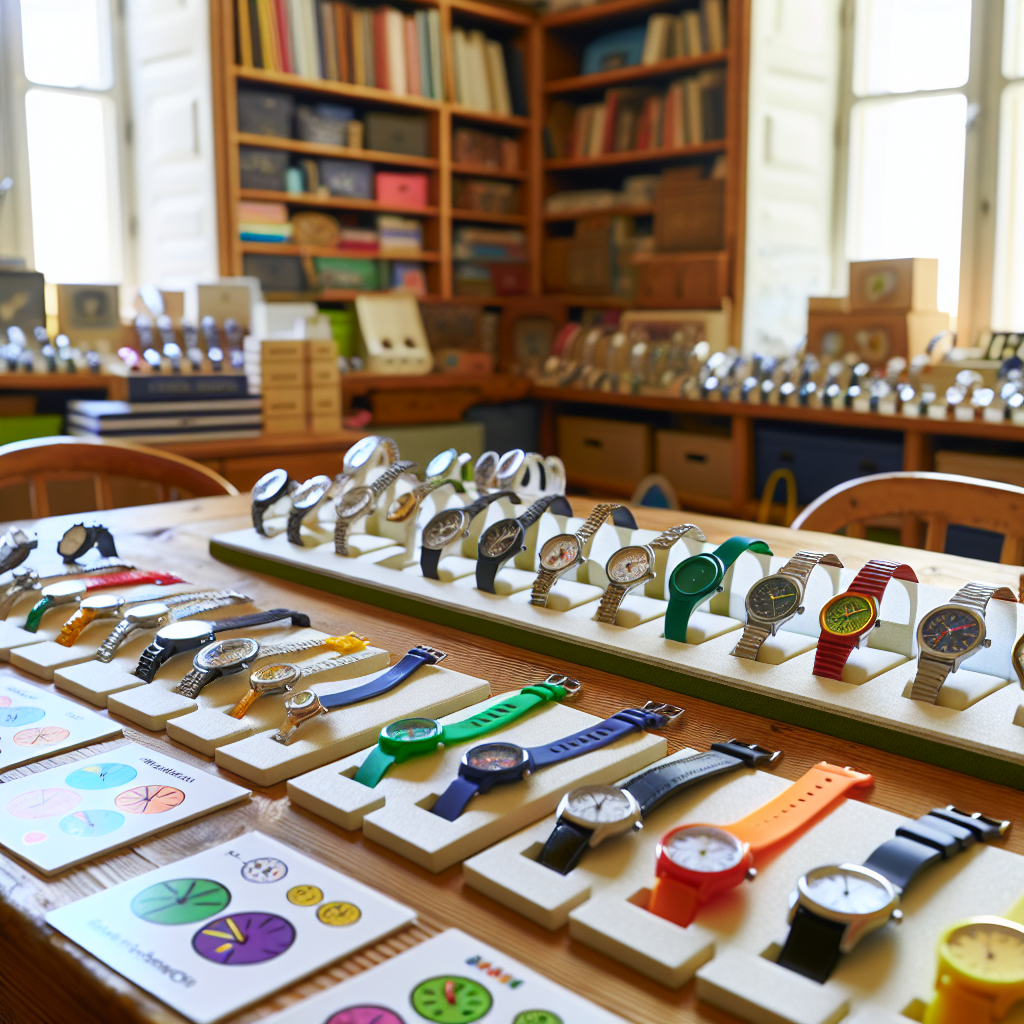Parallel play, commonly defined as children engaging in independent play near each other, has distinct advantages for children diagnosed with Autism Spectrum Disorder (ASD). Although it may not initially require direct engagement, it can serve as a valuable precursor to developing social skills and self-assurance. Here is an in-depth examination of the benefits of parallel play for children with Autism Spectrum Disorder (ASD):
Handles excessive sensory stimulation:
Controlled Environment: Parallel play provides children with Autism Spectrum Disorder (ASD) the opportunity to participate in an enjoyable activity while being physically near others, without the excessive social demands of direct connection. This can be especially beneficial if individuals are susceptible to noise, tactile sensations, or social signals.
Facilitates the development of observational skills and the ability to imitate.
Through the act of observation, children with Autism Spectrum Disorder (ASD) can acquire social cues, communication styles, and appropriate play behaviors by watching their peers participate in play. They can observe how others engage with toys, alternate their actions, and articulate their feelings.
Ignites social curiosity:
Gradual Engagement: Observing the pleasure and communication of others might slowly arouse a child’s curiosity in participating in social play. Initially, they may play with others, but soon, they will be inclined to join more actively.
Enhances self-assurance and promotes a sense of ease:
Parallel play offers a secure and conducive environment for children with Autism Spectrum Disorder (ASD) to engage in social contact at their speed. They can explore social behaviors without the apprehension of immediate evaluation or disappointment.
Facilitates the advancement of communication skills:
Non-verbal indications, such as smiles, glances, or gestures, can be exchanged between children while playing alone. This enables a type of communication that can evolve gradually.
Advantages Extend Beyond Recreation:
Transferable Skills: The interpersonal skills and self-assurance acquired via parallel play can be used in various areas of a child’s life. They can enhance their readiness to engage with classmates, siblings, or other children in non-play environments.
Remember that parallel play is a developmental stage rather than a final goal. Children with Autism Spectrum Disorder (ASD) may naturally progress towards more participatory play as they develop confidence and enhance their social skills.
Reward your child when they participate in social interactions.
Here are some strategies that promote parallel play:
Offer captivating and interactive tasks: Arrange play areas with toys and materials that are engaging for children with Autism Spectrum Disorder (ASD) and their peers. These items may include building blocks, toy cars, art supplies, or toys stimulating the senses.
Promote closeness: Organize the play area to encourage children to naturally gravitate towards playing in close proximity to one another, even if they do not initially connect directly.
Provide positive reinforcement: Reward your child when they participate in social interactions. Recognize and commend them for even minor endeavors, such as establishing visual contact or exchanging a grin with another child.
This fosters their motivation to further develop their social aptitude and self-assurance in engaging with their peers.
It is crucial to acknowledge that the development of social skills does not occur rapidly. Each endeavor your child undertakes, regardless of its apparent insignificance, represents progress on the correct path. By offering positive reinforcement, you strengthen these behaviors and establish a nurturing atmosphere for your child to develop and flourish socially.
Ensure that you maintain a calm and empathetic demeanor. Certain children may exhibit inherent reticence or timidity, necessitating additional time and support to acclimate to social circumstances. Commend every minor triumph, as these favorable encounters will enhance your child’s confidence and competence in future social engagements.
To facilitate the development of social skills and confidence in children with Autism Spectrum Disorder (ASD), it is crucial to comprehend the advantages of parallel play and establish nurturing surroundings.

Dominic E. is a passionate filmmaker navigating the exciting intersection of art and science. By day, he delves into the complexities of the human body as a full-time medical writer, meticulously translating intricate medical concepts into accessible and engaging narratives. By night, he explores the boundless realm of cinematic storytelling, crafting narratives that evoke emotion and challenge perspectives. Film Student and Full-time Medical Writer for ContentVendor.com




